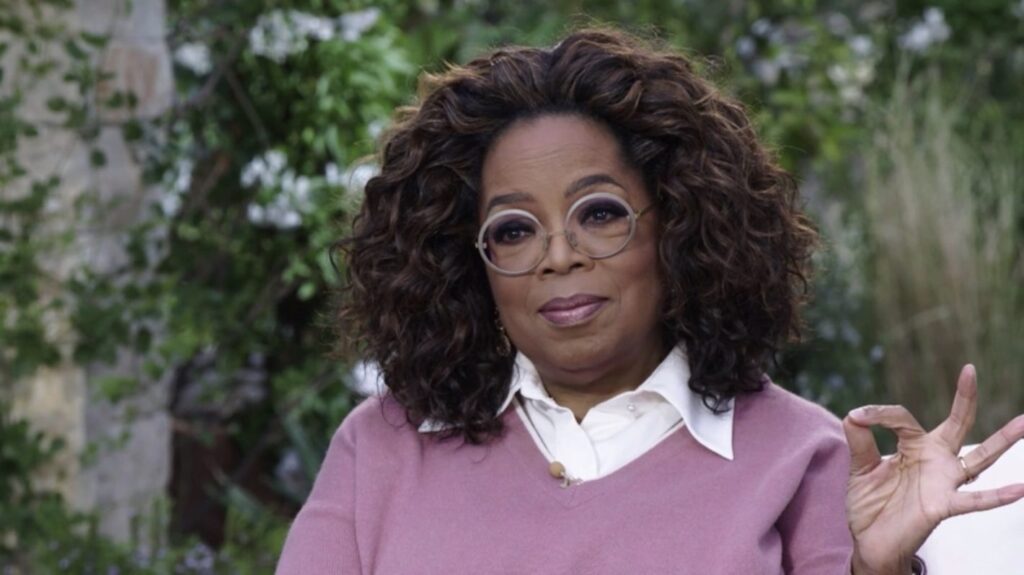16 Mar No Hipsters Pod, Episode 36: “Were You Silent or Were You Silenced?”
 Teresa Kona returns to discuss Oprah’s primetime interview with Prince Harry and Meghan Markle; Grammy predictions; ‘Coming 2 America’; and so much more.
Teresa Kona returns to discuss Oprah’s primetime interview with Prince Harry and Meghan Markle; Grammy predictions; ‘Coming 2 America’; and so much more.
 Teresa Kona returns to discuss Oprah’s primetime interview with Prince Harry and Meghan Markle; Grammy predictions; ‘Coming 2 America’; and so much more.
Teresa Kona returns to discuss Oprah’s primetime interview with Prince Harry and Meghan Markle; Grammy predictions; ‘Coming 2 America’; and so much more.
Today is Paul Wall’s 40th birthday, so it’s only right that we revisit his greatest contribution to popular music.
If you’ve been around here for long enough, you are probably aware that we have strong feelings about Kanye West and his antics in recent years. However, good music is good music, and goddamnit, Kanye has made lots of it.
Whenever I think of Kanye’s best work, “Drive Slow” is one of the first songs to come to mind. Released as the fifth and final single from Late Registration, the song is a caution to every kid trying to be grown before their time. Despite having all the components of a rap hit, the song actually failed to crack any of the Billboard charts — not even rap chart. However, that says nothing about the quality of the track.
Produced by Kanye and based on a sample of Hank Crawford’s version of “Wildflower,” the original version of “Drive Slow” features verses by Paul Wall and GLC, and ad libs from Tony Williams. If there has ever been a time where everyone on a song came with their A game, this was it. The remix of the song includes a verse from T.I. that doesn’t quite measure up, so we’ll pretend it never happened.
Anyway, Kanye and GLC’s verses on “Drive Slow” have lines that I quote till today, but if I had to choose a winner, Paul Wall would be the obvious choice. Few other rappers have ever rode a beat the way the People’s Champ did on this verse, and just a few days ago, there was a viral tweet acknowledging its greatness.
He was never a red-hot superstar, but there’s no denying Paul Wall’s talent. And unlike most white rappers, he has never used his whiteness as a selling point, which speaks to his authenticity.
Join me in celebrating an H-Town legend!
 Teresa Kona stopped by to chop it up about the Golden Globes, Lady Gaga’s stolen dogs, Michael B. Jordan’s possible new role, Debra Wilson’s revelation about her Mad TV exit, and so much more.
Teresa Kona stopped by to chop it up about the Golden Globes, Lady Gaga’s stolen dogs, Michael B. Jordan’s possible new role, Debra Wilson’s revelation about her Mad TV exit, and so much more.
Bruno Mars and Anderson.Paak just dropped a video for “Leave the Door Open,” the lead single from their highly anticipated joint album, Silk Sonic — which is also the name of their joint act.
“Leave the Door Open” — though a collabo — is firmly in Bruno Mars’ creative territory, which is old school R&B revival with lyrics that sound like they were written for an SNL skit starring Andy Samberg. And I’m not necessarily complaining.
Early signs show that Bruno Mars’ star power hasn’t waned and that the public still appreciates that throwback sound, with one Twitter user praising him for “keeping hair pussy music alive.” In under 23 hours, the “Leave the Door Open” video has already been viewed 5.1 million times on YouTube, making it a strong candidate for a No. 1 debut. Watch this space, and while you’re at it, watch the video below.
Drake just dropped Scary Hours 2, a three-track EP and a follow-up to his 2018 EP. Overall, if this is what we should expect on Certified Lover Boy, Drizzy needs to go back to the drawing board stat.
In any case, we have a visual for the EP’s first track, “What Next.” Check it out below.
South African singer, songwriter and activist Miriam Makeba would’ve turned 89 years old today, so in honor of this Afropop legend, let’s revisit her signature hit, “Pata Pata.”
Originally recorded in the ’50s — some say as early as 1956 — by the Skylarks (of which Makeba was a member), “Pata Pata” was a club banger in its day. The song, originally written and sung in Xhosa, is basically the soundtrack to a dance craze — think “The Twist” by Chubby Checker or “Lean Wit It, Rock Wit It” by Dem Frachize Boyz.
In 1967, Miriam Makeba re-recorded “Pata Pata” as a solo act and included spoken verses that are done in English. In the spoken verses, she explains that “Pata Pata” — which translates to “touch touch” — was a dance the young’ns used to do in Johannesburg back in the day. This version of the song would go on to become a transatlantic hit and her biggest in the States, peaking at No. 12 on the Billboard Hot 100.
Long Live Mama Africa!
Singer, dancer and songwriter Montsho-Eshe from the Grammy-winning group, Arrested Development, joined us to talk about her life, her career, and the current state of popular music.
Today marks exactly 15 years since Canadian singer Daniel Powter debuted on the Billboard Hot 100 with his No. 1 single, “Bad Day.” And if that wasn’t enough of a reason to revisit this song, today also happens to be the Daniel Powter’s 50th birthday.
“Bad Day” is the kind of song that gets you singing along almost immediately. Its lyrics are easy to remember, and overall, the song feels familiar. The melody and piano line are reminiscent of an old Lionel Richie ballad, and as a matter of fact, it was one of many soulful-ish rock songs sung by white men in skullies at that time.
Daniel Powter was never able to replicate the success of “Bad Day,” which is a shame because its parent album is full of gems. He was able score a few other hits abroad, but “Bad Day” would be his one and only song to crack the Billboard Hot 100. America didn’t do right by him, but it’s alright.
Happy birthday, Daniel Powter!
Chloe x Halle just dropped a video for title track of their sophomore album, Ungodly Hour, and it is a sexy yet futuristic affair with dashes of haute couture. The video isn’t particularly different from anything we’ve seen from the duo, but the Bailey sisters can do no wrong in my eyes these days, so I approve.
Watch the video below.
 Entrepreneur and brand influencer Emmanuel Egolum stopped by to chat about Meek Mill and 6ix9ine’s run-in, Meek’s questionable “Kobe” bar, T.I. & Tiny’s sexual abuse scandal, Gorilla Glue Girl, Justin Timberlake’s belated apology, and so much more.
Entrepreneur and brand influencer Emmanuel Egolum stopped by to chat about Meek Mill and 6ix9ine’s run-in, Meek’s questionable “Kobe” bar, T.I. & Tiny’s sexual abuse scandal, Gorilla Glue Girl, Justin Timberlake’s belated apology, and so much more.


